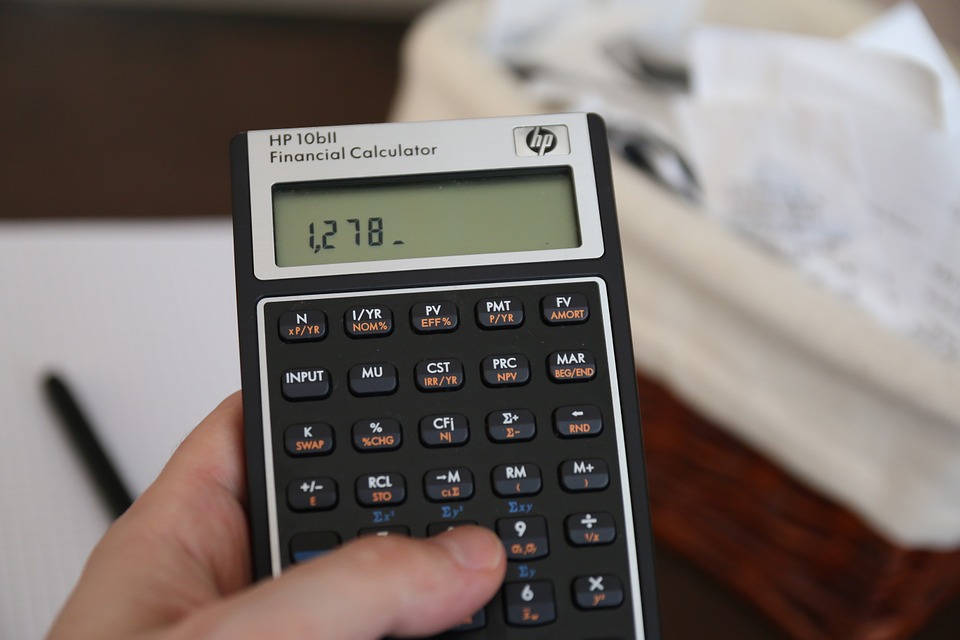
18 Apr How will these retirement withdrawals be taxed?
Photo: pixabay.comQ. I have a 457(b) deferred compensation plan from the state of New Jersey, from which I withdrew money in 2021. I understand I don’t have to pay state taxes on my contributions. The plan administrator sent me a statement showing the state taxable amount of my 2021 withdrawal under the General Rule. I understand this amount is calculated based on my “expected return,” but how can the expected return be known, given that value of the account fluctuates daily? Can I wait until I have withdrawn all my contributions and then report the later withdrawals, which will all be gains, and pay New Jersey state tax at that time?
— Pensioner
A. There’s often confusion about the tax liability when taking funds from these plans.
If your payment includes after-tax contributions in a payment, they are not taxed, said Martin Hauptman, partner in the trusts and estates and taxation practice groups at Mandelbaum Barrett, P.C. in Roseland.
“If you receive a partial payment of your total benefit, an allocable portion of your after-tax contributions is included in the payment, so you cannot take a payment of only after-tax contributions,” he said. “However, if you have pre-1987 after-tax contributions maintained in a separate account, a special rule may apply to determine whether the after-tax contributions are included in the payment.”
But directly to your question, he said the tax has to be paid currently based on the percentage that is taxable.
If you’re not sure, work with a qualified tax preparer who can look more closely at the payments you’re receiving.
Email your questions to Ask@NJMoneyHelp.com.
This story was originally published on April 18, 2022.
NJMoneyHelp.com presents certain general financial planning principles and advice, but should never be viewed as a substitute for obtaining advice from a personal professional advisor who understands your unique individual circumstances.

